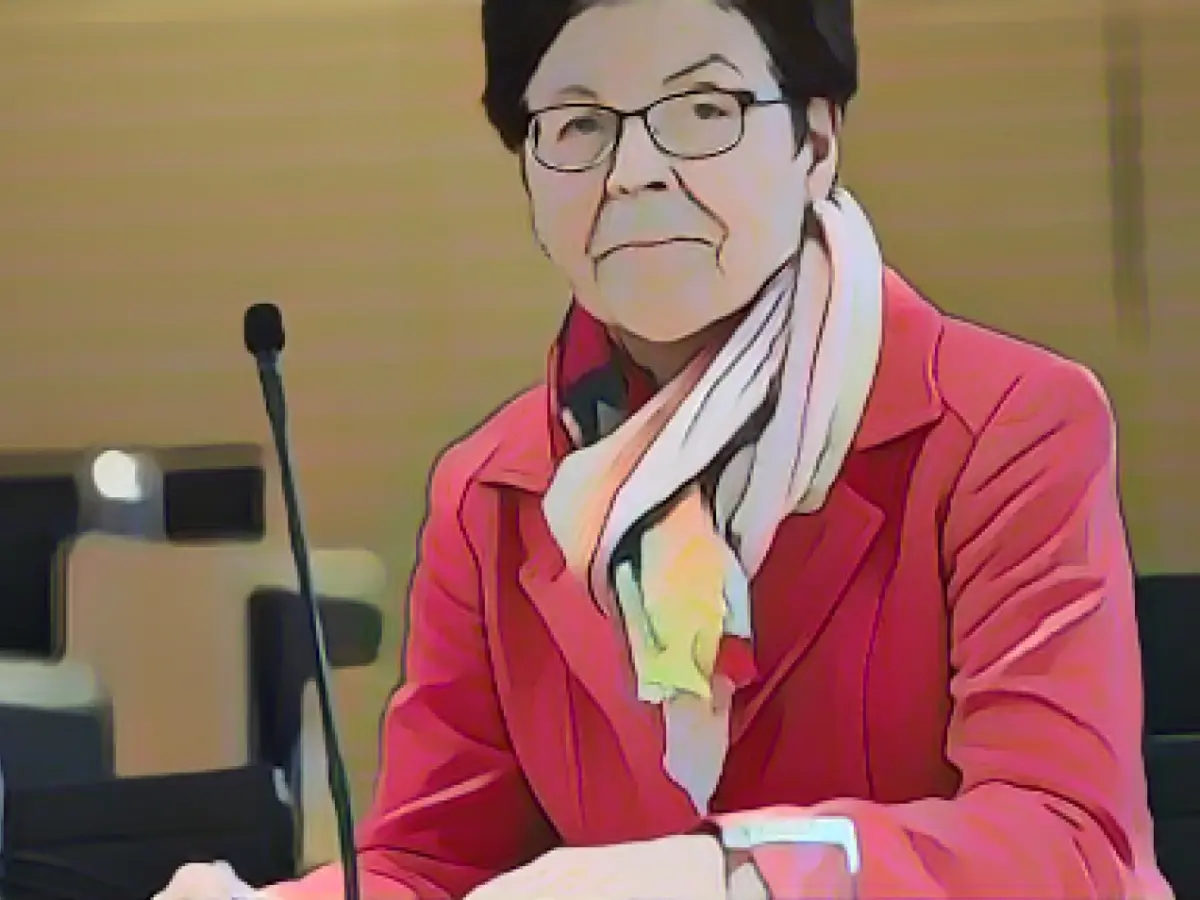Dishing Out More Revenue: VAT Hike Boosts State Finances in the Catering Sector
Ever since the traffic light coalition decided to jack up the VAT in the hospitality sector from 7% to 19%, Thuringia has been keeping an eye on the potential benefits. Finance Minister Heike Taubert (SPD) clarified this in the state parliament in Erfurt and revealed that Thuringia could pocket around 35 million euros of the approximately 3.5 billion euros in additional revenue the federal government expects. Taubert expressed her regret over the lack of uniform approach among the federal states regarding this VAT hike in the catering sector.
In Thuringia, members of the government voiced their concerns against this VAT increase, including Interior Minister Georg Maier (SPD). However, the issue was revisited by the CDU parliamentary group, which placed it back on the state parliament’s agenda.
CDU parliamentary group leader Mario Voigt highlighted several aspects, such as the increased costs for meals in schools and daycare centers due to this tax hike. "The 7% must remain," Voigt stated starkly. Voigt also anticipated more restaurants facing the brink of collapse. He labeled this VAT hike in the hospitality industry as an "economic stimulus program for political disenchantment." Meanwhile, Left Party MP Knut Korschewsky responded to Voigt's criticism by accusing him of populism, adding that the state parliament had already voted against it weeks prior, and the federal government made a different decision thereafter.
The Thuringian Hotel and Restaurant Association's managing director, Dirk Ellinger, showed concern, predicting that almost five percent of businesses in the catering sector might shut down. The current tally stands at around 4,000 catering businesses in the state. According to Ellinger, this could trigger yet another decline in pubs, particularly in rural areas.
Worth Pondering:
- If we were to consider a potential scenario involving a VAT increase in Thuringia, higher revenue might well be an advantage for the state coffers. However, the hospitality industry could witness reduced demand and profits due to the increased prices for consumers.
- The CDU opposition might oppose the VAT increase due to potential negative effects on low-income households and small businesses. On the flip side, they might support the increase as part of a broader plan to reduce the deficit.
- Differing opinions among politicians and political parties within Thuringia necessitate an examination of local sources to gain accurate insights regarding their stance on this topic.
[^1]:






